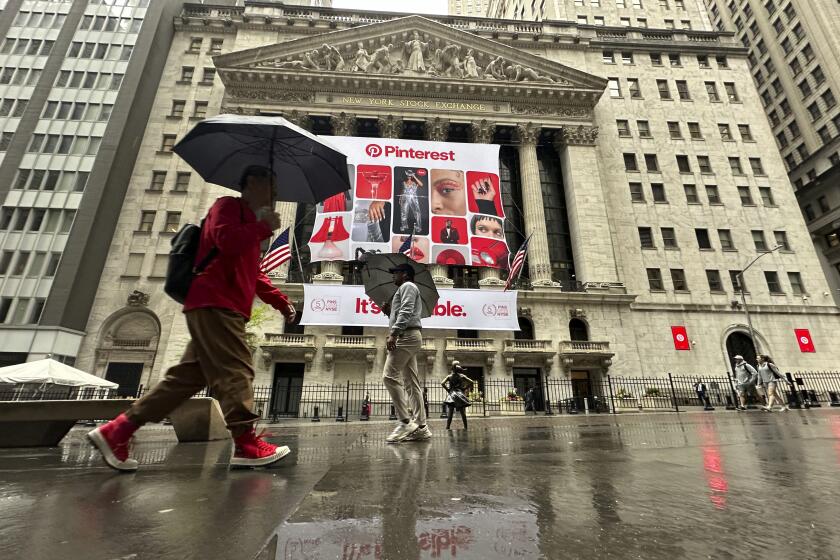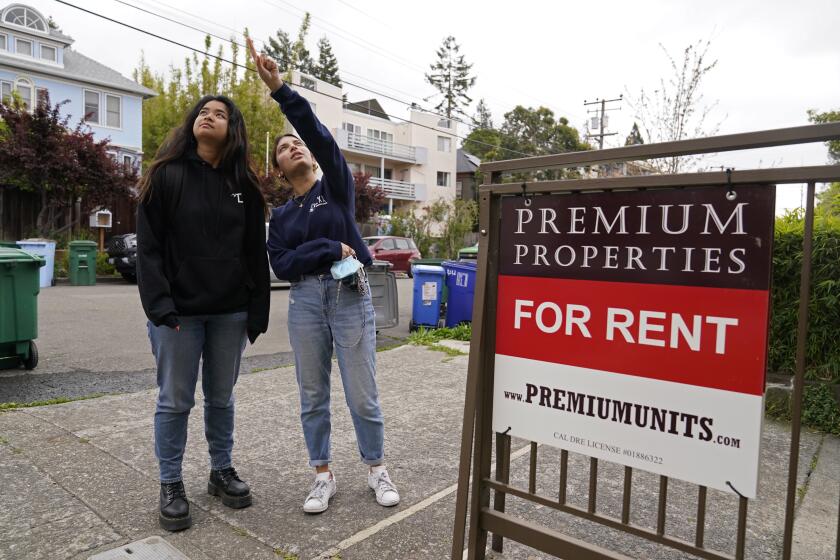Score One for Strip Clubs
The U.S. 9th Circuit Court of Appeals ruled that a Seattle-area strip club did not owe federal employment taxes on dancers that the club treated as lessees.
The IRS had claimed otherwise, and in 1994 sent Marlar Inc.’s “Club Extasy” a bill for $282,082.11 plus interest and penalties for unpaid employment taxes.
Dancers at Club Extasy paid $40 per night in “rent” to dance at the club, and were allowed to keep all tips and cash paid for special performances, such as $5 table dances and $12 couch dances. Customers could also buy $10 soft drinks for dancers; these drinks were treated as payments that reduced the dancers’ “rent.” The dancers offered other--illegal--services, such as dancing with more skin exposed or more customer contact than allowed by local law.
Marlar argued, and a District Court agreed, that its arrangement with the dancers was in line with industry practices in that area--a key factor that allows employers in some industries to escape employment tax liability. Marlar also argued successfully that it filed all necessary tax returns, although the IRS said Marlar should have issued 1099 forms, which show how much a contractor or freelancer is paid by a company. Marlar said it did not know what the dancers made and was not required to keep track.
The IRS appealed the District Court ruling, but the Court of Appeals sided with the club. The appeals judges sent back the issue of how much Marlar will get in attorneys’ fees and costs to the District Court to decide.
*
Liz Pulliam covers insurance, taxes and other personal finance issues for The Times. She can be reached at liz.pulliam@latimes.com.
Bloomberg News was used in compiling this report.






